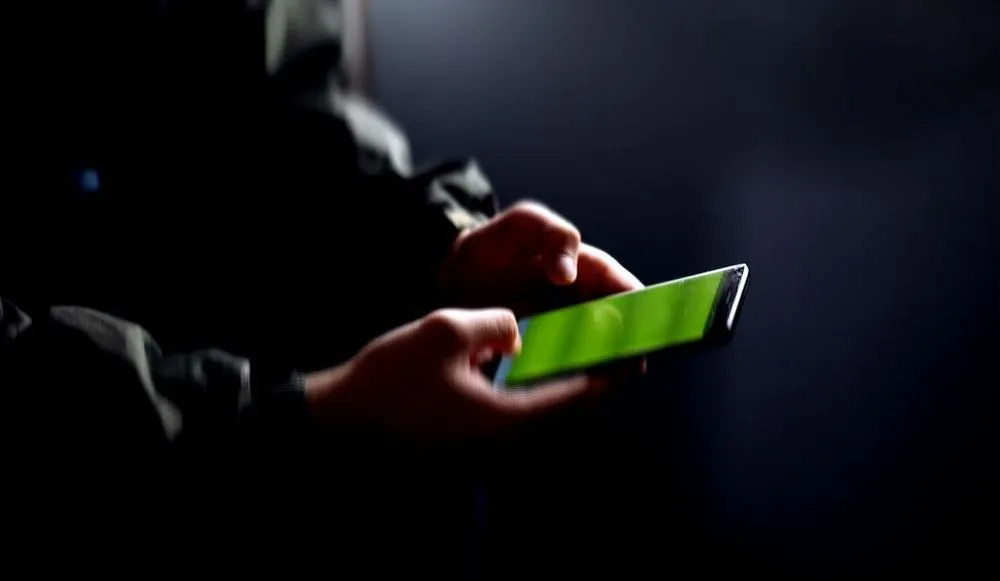Russia imposes 24-hour mobile internet blackout for travelers returning home
Russian telecom operators have begun cutting mobile internet access for 24 hours for citizens returning to the country from abroad, in what officials say is an effort to prevent Ukrainian drones from using domestic SIM cards for navigation.
“When a SIM card enters Russia from abroad, the user has to confirm that it’s being used by a person — not installed in a drone,” the Digital Development Ministry said in a statement earlier this week. Users can restore access sooner by solving a captcha or calling their operator for identification.
Authorities said the temporary blackout is meant to “ensure the safety of Russian citizens” and prevent SIM cards from being embedded in “enemy drones.”
The new rule has led to unexpected outages for residents in border regions, whose phones can automatically connect to foreign carriers. Officials advised users to switch to manual network selection to avoid being cut off.
The so-called “cooling-off period” comes a month after Moscow imposed a similar 24-hour blackout for people entering Russia with foreign SIM cards, again citing the threat of Ukrainian drone warfare.
At the same time, the Kremlin is seeking to expand the powers of its domestic intelligence service, the FSB, allowing it to order shutdowns of mobile and internet access over loosely defined “emerging threats.” The proposed legal changes would give the FSB direct authority over local telecoms.
In several regions, including the western city of Ulyanovsk, officials said mobile internet restrictions would remain in place until the end of the war in Ukraine. Access will be limited “around critical facilities of special importance, not across entire regions.”
Despite the shutdowns, government-approved services such as the e-government portal Gosuslugi, commercial sites including Yandex, VKontakte, Odnoklassniki, and online marketplaces like Ozon and Wildberries remain accessible.
Ulyanovsk’s regional digital minister said the decision came from Moscow and could only be lifted by federal authorities. Local media have reported ongoing connectivity problems in the region for more than a week.
The Ulyanovsk region lies roughly midway between Moscow and the border with Kazakhstan, but it has been frequently targeted by Ukrainian drones, mostly striking critical infrastructure facilities.
Ulyanovsk officials defended the move as a wartime necessity: “Neither a carrier, a minister, nor a governor can change the situation; only a Russian soldier can. The restrictions will be lifted only after the physical elimination of the threat,” they said.
Since May, Russian regions have repeatedly shut down mobile internet, citing the need to counter Ukrainian drone operations. Authorities have also restricted calls through messaging apps such as Telegram and WhatsApp, framing the move as an anti-fraud measure.
Digital rights groups say many of the blackouts appear arbitrary and politically motivated. They noted that most drones used in the war do not rely on mobile internet connections to operate, suggesting that local officials may be imposing restrictions to signal loyalty to the Kremlin rather than address real security threats.
Daryna Antoniuk
is a reporter for Recorded Future News based in Ukraine. She writes about cybersecurity startups, cyberattacks in Eastern Europe and the state of the cyberwar between Ukraine and Russia. She previously was a tech reporter for Forbes Ukraine. Her work has also been published at Sifted, The Kyiv Independent and The Kyiv Post.



